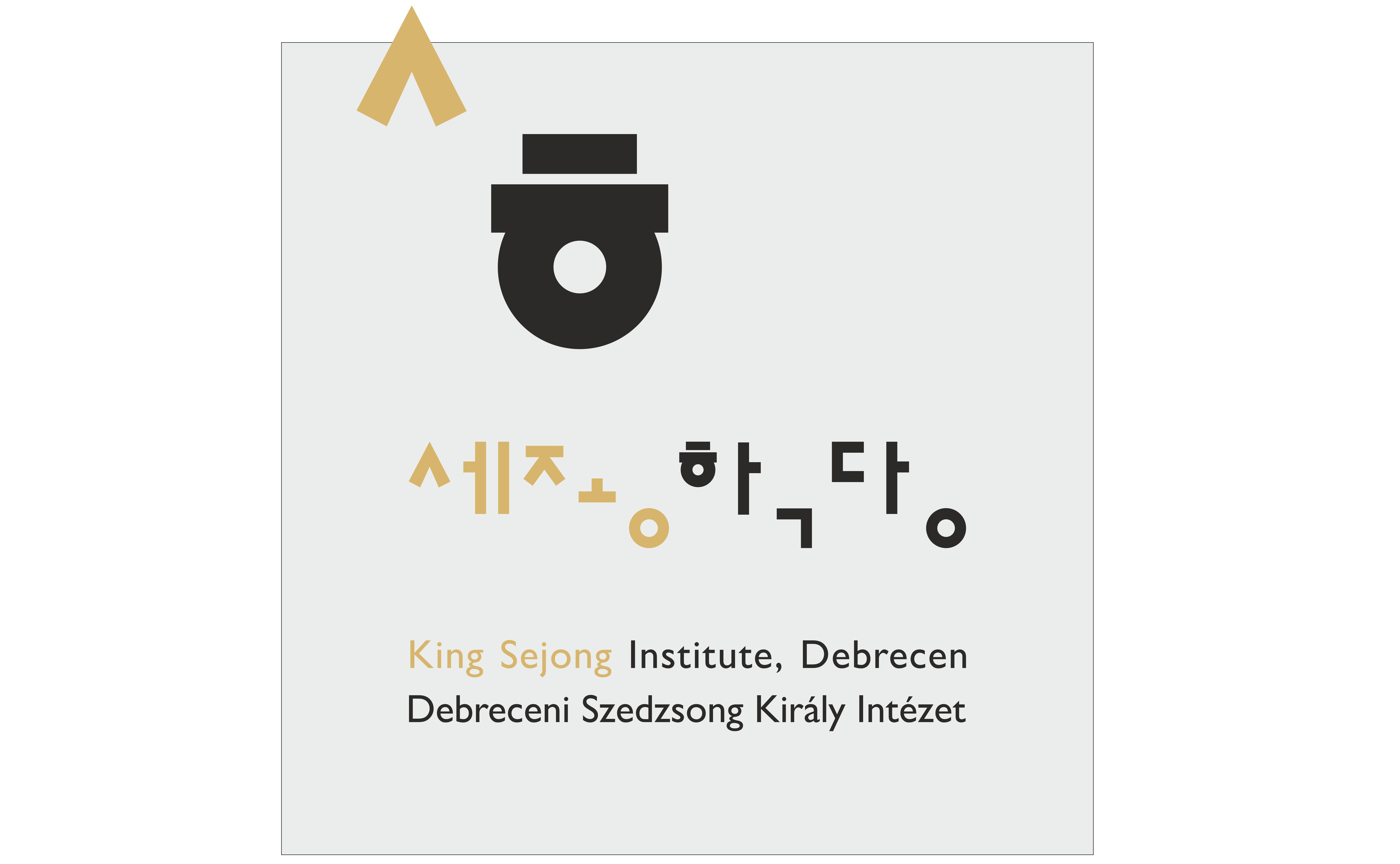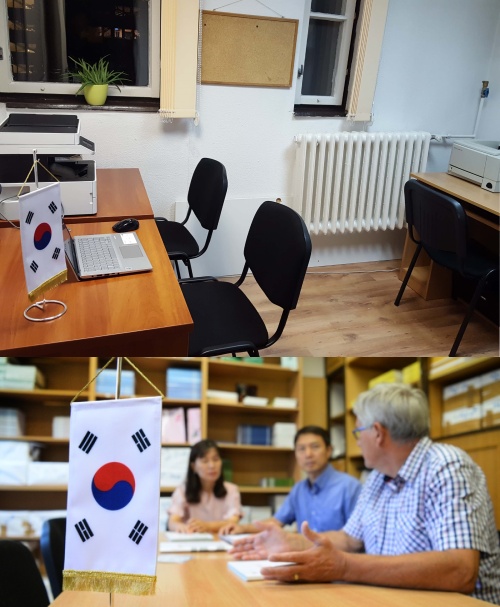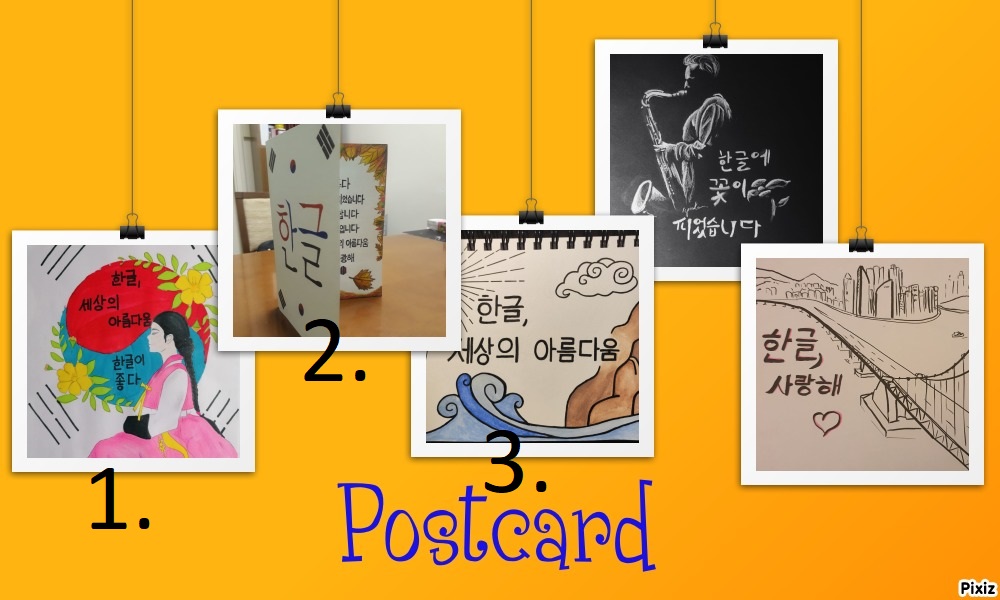- 한국어
- English
- 日本語
- 中文
- العربية
- Español
- Français
- Deutsch
- Pусский
- Tiếng Việt
- Indonesian
By Honorary Reporter Monika Toth from Hungary
Photo = King Sejong Institute in Debrecen

The King Sejong Institute Foundation runs the King Sejong Institute chain worldwide to teach and promote the Korean language and culture.

Debrecen Summer University has seen high demand for Korean-language courses. (King Sejong Institute)
The foundation develops and provides a standard curriculum and a learner evaluation system so that anyone can learn Korean efficiently and systematically from beginner to advanced levels. It supports the flexible implementation of the institute's curriculum depending on the educational environment of the host country, offering a general course and those teaching Korean through travel, business and dramas. Many online courses are offered, with their popularity further heightened by the COVID-19 pandemic.
The Korean Cultural Center in Budapest launched the first institute in Hungary. Because of high demand for Korean every semester, the center started offering Korean-language courses at many places. Yet with cities in rural areas also seeing high demand, including the country's No. 2 city of Debrecen, Debrecen Summer University of the University of Debrecen from 2016 began offering such courses.
Due to exploding interest, the university last year applied to join the King Sejong family and teach Korean year-round with the foundation's support.

The Debrecen branch of King Sejong Institute hosted a competition for students of the Korean language. The beginner category had contestants make greeting cards inscribed with a Korean greeting, with examples of entries shown above.
On Hangeul Day on Oct. 9, the institute's branch in Debrecen advertised a competition for students of Korean in two categories: creation of a postcard with a Korean greeting for beginners and writing a Korean poem in calligraphy for advanced learners.
Among the 26 contestants in the beginner category, Cintia Habarics won first place, followed by Eva Amarilla Bacso and Gitta Grof. The other competition also saw 26 people compete, with the winners being Norbert Toth, Bernadett Bacsa and Eszter Gal in that order.
The university has applied to keep offering Korean-language education after its six-month probationary period expires with the foundation's support, and will offer online courses in spring. The success of the courses was unexpected as only 15-16 of the 56 enrolled students were attending university, attesting to the high appeal of Korean in Hungary.
enny0611@korea.kr
*This article is written by a Korea.net Honorary Reporter. Our group of Honorary Reporters are from all around the world, and they share with Korea.net their love and passion for all things Korean.